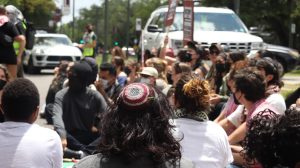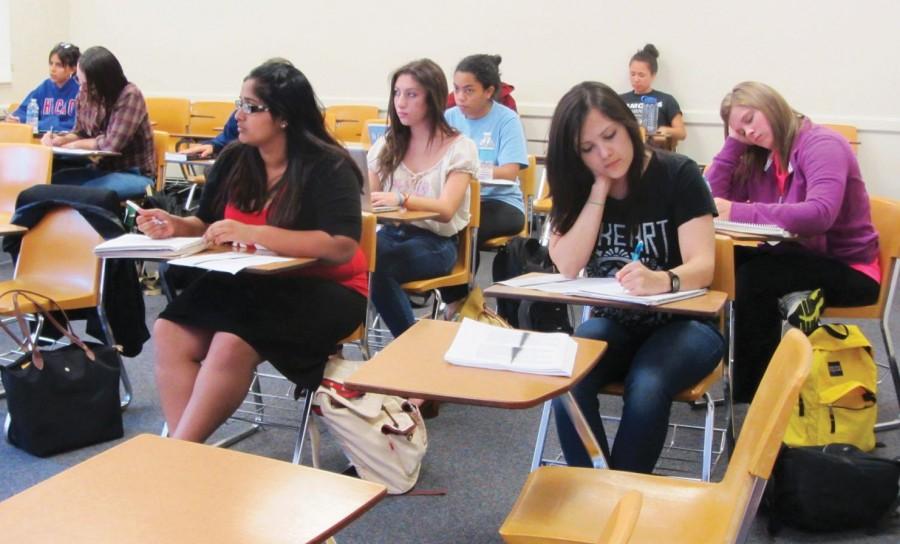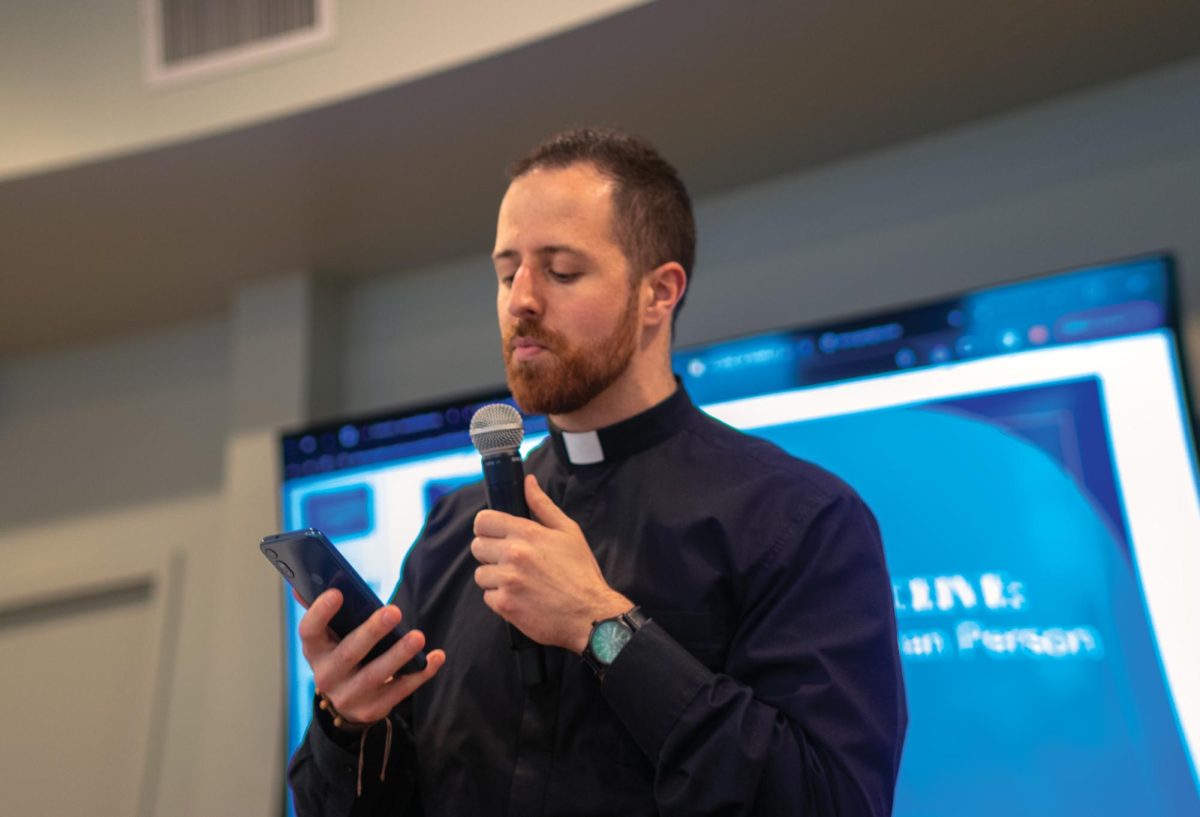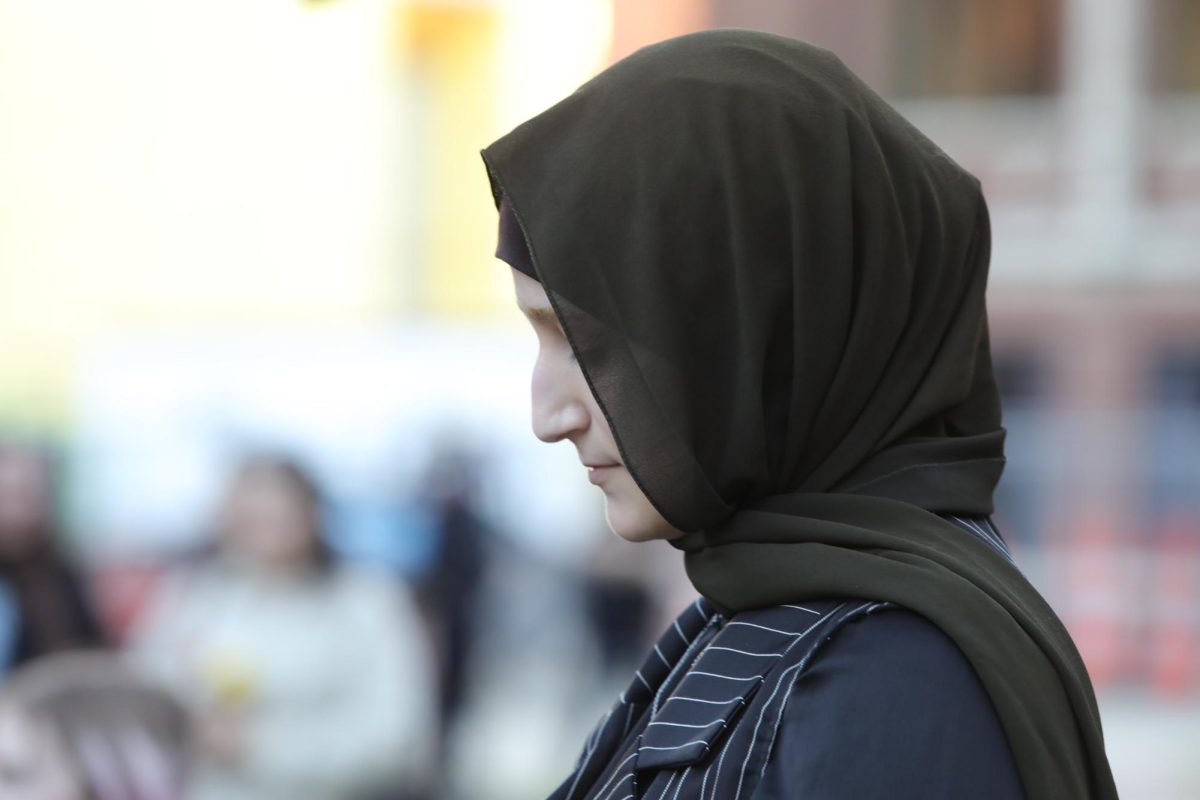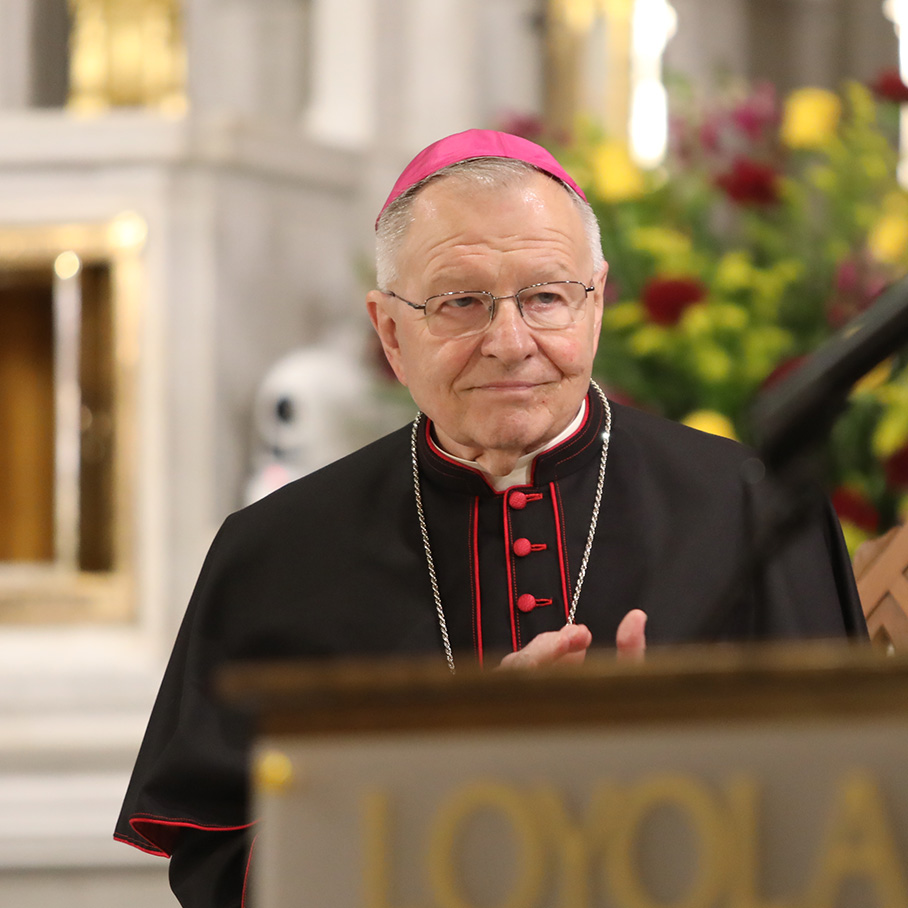When it comes to religious studies, how important is diversity at a Jesuit institution?
According to Loyola Online Records Access, the department of religious studies is offering 22 classes rooted in Christianity and 12 classes dealing with non- Christian religions. 17 of the 22 Christianity courses have at least 75 percent of seats filled, compared to 10 of the 12 non-Christian classes.
But does the religious studies curriculum provide enough classes to meet the demand? Aaron Spevack, assistant professor of Islamic studies, said that his classes on Islam usually fill. He said that the department can do better in diversity of classes, but limited resources pose a challenge.
“Ideally, the department would have specialists. We don’t have the faculty right now, though,” Spevack said.
Other Jesuit universities are aiming for more diverse religious studies programs as well. David Carpenter, director of Asian studies at St. Joseph’s University in Philadelphia, described demand for non-Christian courses at the university as “fairly high.” He said that the class size cap is 30, and classes on Hinduism, Islam and Buddhism usually fill, even when multiple sections are offered.
Carpenter said that the university started offering its religious studies major separate from its theology major. He said this was reflected in his department’s name change to the Department of Theology and Religious Studies.
However, officials at St. Joseph’s University also realize this increased diversity hinges on its faculty. Carpenter noted that the department recently filled a new tenure track in Chinese religions.
“We now have three faculty in the department devoted more or less full time to teaching non- Christian religions,” Carpenter said in an email.
Loyola’s department of religious studies currently has four faculty members with specializations in non-Christian religions. Spevack said that the department is moving in the right direction in terms of diversity.
“It would only be good for the institution,” he said.
Timothy Cahill, chairman of the religious studies department, says that the department always aims to be inclusive.
“The department of religious studies strives to cover a wide range of the world’s religious traditions,” said Cahill in an email. “In our World Religions track we currently offer courses on Buddhism, Hinduism, Islam, Judaism, and Native American traditions. We look forward to building on these offerings in the future.”
Karl Gommel can be reached at [email protected]






